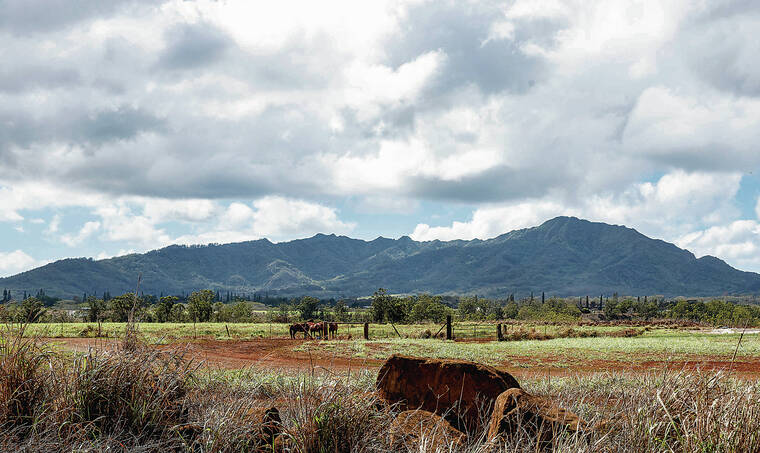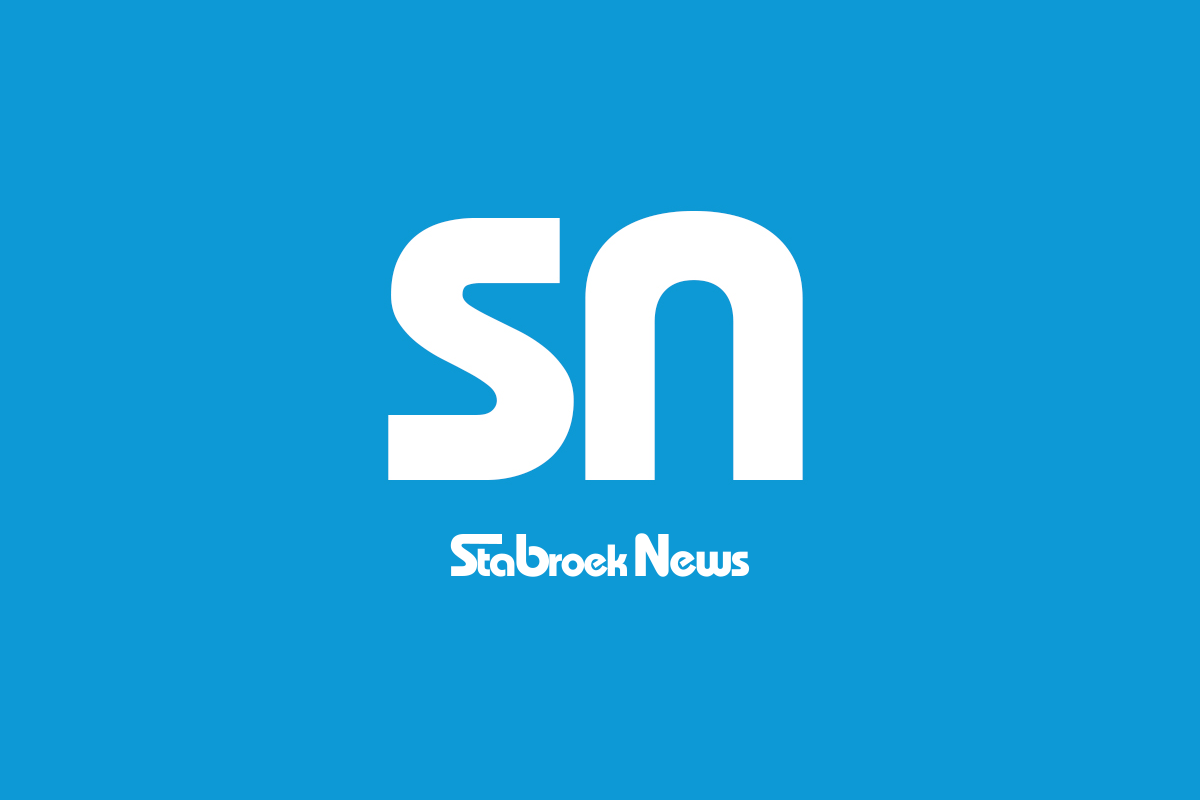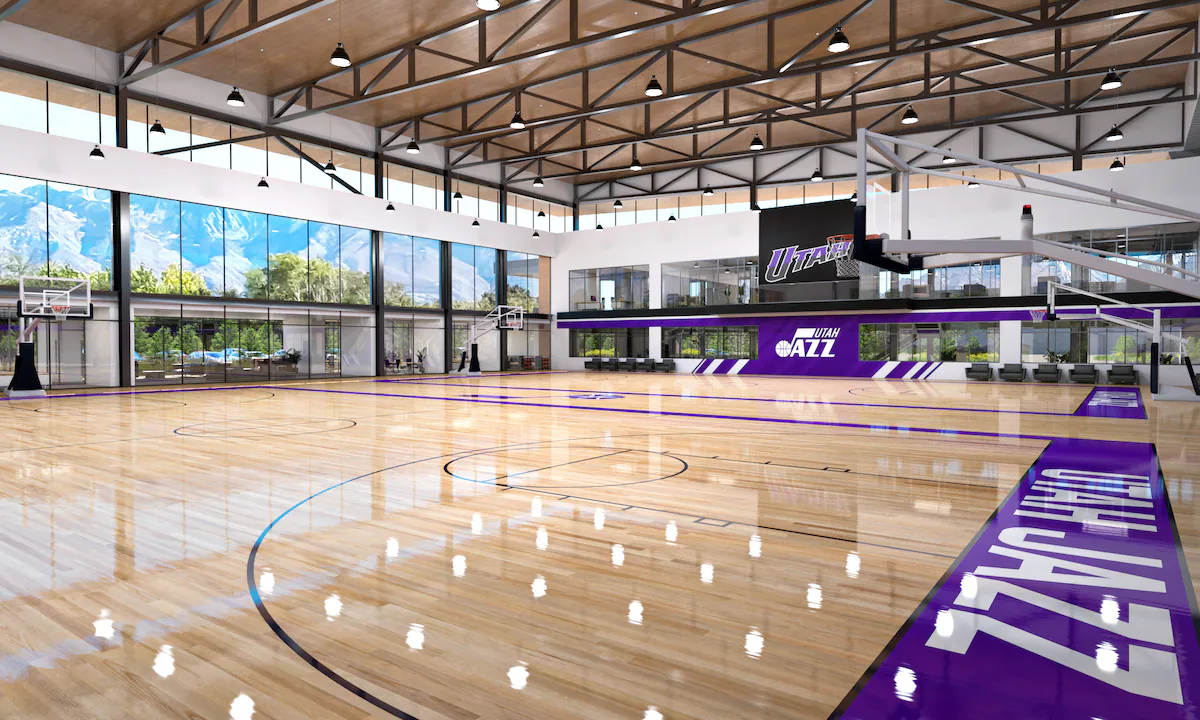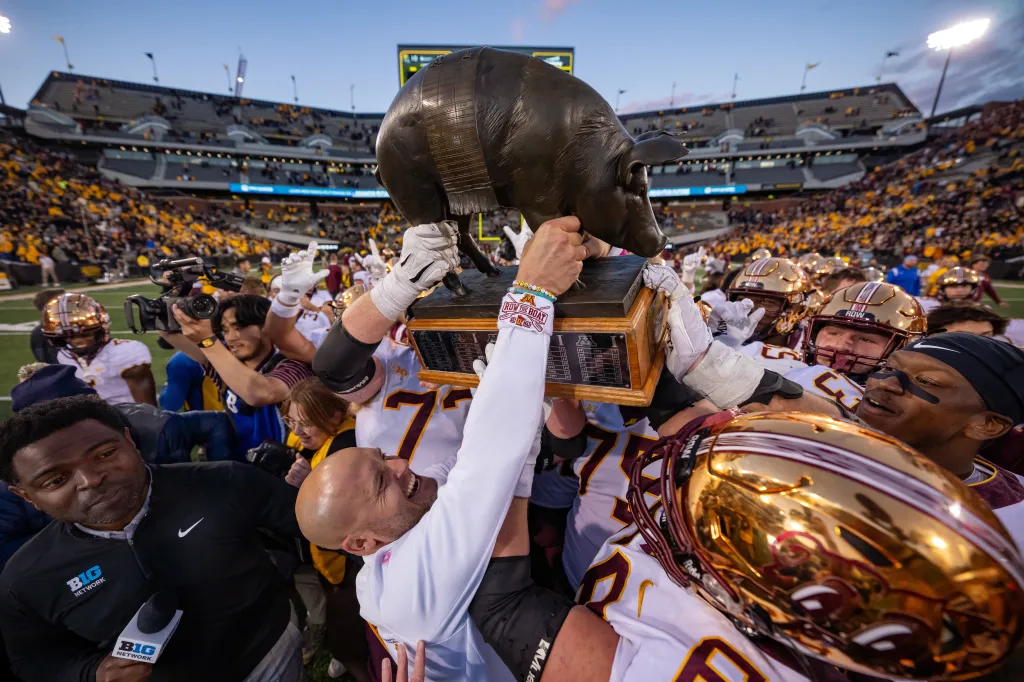Copyright staradvertiser

A Canadian adventure--tourism investor’s bid to build gondolas, a zip line and expanded visitor infrastructure above Waialua has sparked one of the most energized community opposition campaigns the North Shore has seen in years. The new application, filed Sept. 23 as 2025-MOD-55, seeks to expand activities at Kamananui Agribusiness/Kaukonahua Ranch, including a gondola system ascending Mount Kaala, zip lines, trails, viewing platforms, a cafe, restroom facilities and roadway improvements along Kaukonahua Road. The filing frames the project as a “minor modification” to an existing agribusiness permit. The Honolulu Department of Planning and Permitting confirmed it received the application on Sept. 23 and is now reviewing it, noting that unlike other land-use permits, there is no formal acceptance process or review deadline for minor modifications. The project, known as Kamananui, is being proposed by Kaukonahua Ranch LLC, listed with the state as an active foreign limited liability company organized in Washington. The company is managed by Canadian entrepreneur Joey Houssian, founder of a Whistler-based adventure tourism group. Property records show Kaukonahua Ranch LLC and K-View LLC — involving landowner partner Sean Ginella — as the fee owners of the site at 65-603 Kaukonahua Road in Waialua, where the facilities would be built. Houssian could not be reached for comment. Critics, however, said the proposal would transform agricultural lands into a commercial amusement park. North Shore resident and retired University of Hawaii law professor Denise Antolini argued that the project is fundamentally tourism-driven and clashes with the sacred significance, rural landscape and cultural character of Mount Kaala and the surrounding North Shore. Opponents contend that the developer is using “minor modification” rules to sidestep more rigorous public scrutiny. “The applicant overstated the ability to do real agriculture/forestry,” Antolini wrote in her public comments on the application, which were due on Thursday, describing the current plan as a pivot toward “demonstration agriculture” that she says is essentially a cover for tourism development. DPP emphasized that the department’s director may only approve a minor modification if the change is reasonable and consistent with the intent of the original permit, does not significantly increase the intensity or scope of the use and does not create adverse land-use impacts to surrounding neighborhoods — the three criteria spelled out in city law. Shift from agriculture The new application proposes sweeping changes to the Kamananui Agribusiness project, including a gondola system with stations ascending the slopes of Mount Kaala and a zip line. The plan also calls for expanded visitor facilities such as a cafe, restrooms, trails and viewing platforms, along with modifications to hiking and biking paths and accessibility infrastructure. In addition, the project would revise the balance between agribusiness and agricultural uses, reducing previously mandated forest restoration obligations and relocating the visitor entrance while making improvements to Kaukonahua Road. The ranch originally received a Conditional Use Permit – Minor, referred to as a CUP-Minor, in 2019 to support agroforestry and ranch operations across more than 2,300 acres, including a requirement to restore 933 acres of forest. To date, only 51.5 acres of koa tree planting have been completed. The current proposal shifts the focus from agriculture toward tourism, raising concerns that core agricultural obligations remain unmet. DPP said it monitors compliance through annual agricultural reports and site visits once agribusiness activities are established and may impose new or revised conditions if needed after reviewing the modification request. Community concerns Community pushback has been swift and vocal. At a June 3 public meeting at Waialua High & Intermediate School, more than 200 residents turned out — and none voiced support for the project, according to attendees. Kathleen Pahinui, chair of the North Shore Neighborhood Board, said the strong opposition at that meeting reflected broader community sentiment. On July 30, neighborhood boards from the North Shore, Wahiawa and Mililani convened at Leilehua High School, where they urged city officials to deny the modification request and revoke the original permit. The North Shore board approved a joint resolution opposing the changes, and other boards are expected to consider similar actions. Opponents — including Mike Pietsch, president and COO of Title Guaranty of Hawaii, a family business with more than a century of local roots — point to multiple areas where they say the plan doesn’t add up. “Wastewater is a big issue,” Pietsch said, noting the proposed system would require over 61 acres for treatment areas in sensitive terrain near waterways. Traffic, emergency access and impacts on the island’s limited skilled workforce have become flashpoints, too. “This is pristine land … supposed to be agriculture … We gotta keep the country, country,” Pietsch said. Antolini argues the wastewater estimates appear engineered to avoid triggering a state Environmental Assessment requirement. She wrote: “11,162 gallons per day … is equivalent to 39.9 dwelling units … does that seem ‘gamed’ or what?” However, DPP confirmed the project is not subject to the requirements of Hawaii’s environmental review law, stating that it does not trigger HRS Chapter 343. Antolini also criticized the lack of environmental review, noting that key studies — such as wildlife surveys — are missing, and that the traffic analysis appears outdated and insufficient, relying on data that is roughly seven years old and lacking updated, comprehensive evaluation. Pahinui further emphasized that Mount Kaala holds deep cultural significance, connected to Hawaiian goddess traditions, historic burials and other cultural sites. She argued there is no community need for the gondola and said the proposal appears driven solely by profit rather than public benefit. “It’s a Disneyland project. It’s an amusement park project. It’s not conducive or appropriate for our community,” Pahinui said. She criticized the developer for failing to engage meaningfully with the community, noting that despite claims of outreach, there has been no direct contact and that the project is primarily a for-profit amusement-style venture. Honolulu City Council member Matt Weyer, who represents the area, said the law currently allows agritourism as an “accessory use” on agricultural lands — but this proposal pushes that concept beyond recognition. “When you look at the big picture … this entire project seems to be the main intention of this out-of-state developer,” Weyer said. He said Council is pursuing legislative changes to ensure future agritourism projects require public notice and hearings — but since the CUP is already granted, retroactive fixes are legally limited. Awaiting key decisions The path to stopping the project now hinges on two key decisions by DPP: whether to reject the proposed “minor modification” and whether to grant a petition to reconsider and potentially revoke the original 2019 Conditional Use Permit. DPP said it is not aware of any precedent for a gondola or similar aerial transit infrastructure being approved on agricultural-zoned land on Oahu. The project site is designated AG-1 Restricted Agricultural and AG-2 General Agricultural under city zoning and is in the state agricultural district. It is unclear when a decision might come. DPP noted that minor modification reviews have no statutory time frame and any appeal to the director’s decision must be filed within 30 days of the mailing of that decision. Antolini described the gondola as a significant change to the landscape, saying it would have a lasting visual impact on Mount Kaala. She also questioned whether the gondola would meaningfully support agricultural operations, noting that few, if any, working ranches or farms use similar infrastructure. The developer has promoted the gondola project as a source of hundreds of future jobs, though some community members, including Pahinui, have expressed skepticism about those claims. “We’re hurting for people to fill the jobs we already have … Where are these 200 people miraculously going to come from?” she said. She fears the positions could be low-wage, high--turnover, lacking benefits — and requiring specialized safety certifications the operator has not addressed. The deadline for public comments on the proposal passed on Thursday, leaving the decision in the hands of DPP. The department must now determine whether the proposal qualifies as a minor permit change or if it requires a full CUP-Major review and an environmental impact statement. Community advocates are also preparing legal strategies in case the modification is approved. Opponent such as Antolini have criticized the application, calling out what they see as flaws and “greenwashing,” and urging DPP to reject the request and reconsider the original CUP.



